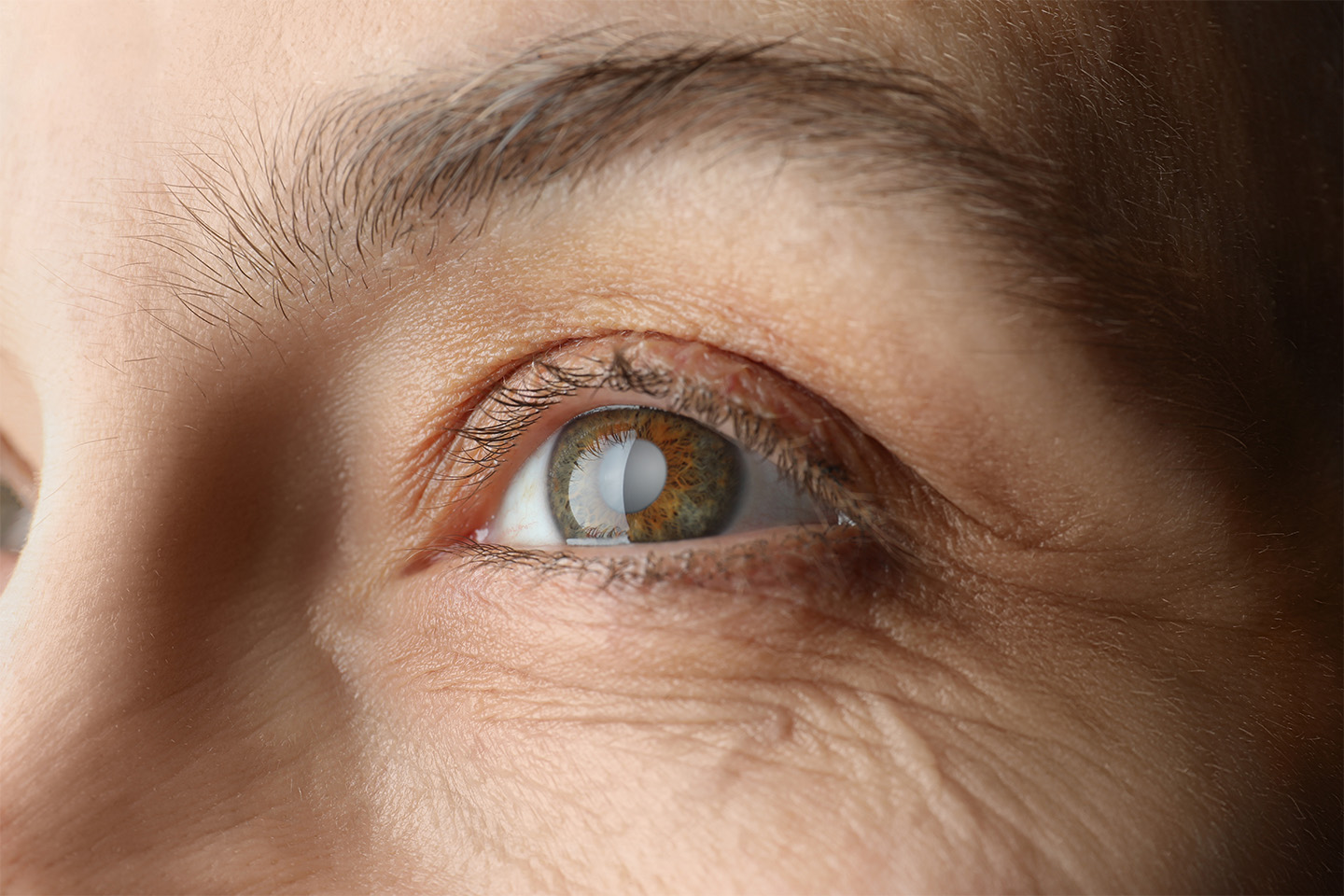Eye Care Series: Treatment of Keratoconus

Early Diagnosis Helps Access Essential Keratoconus Treatment
Keratoconus is an eye condition that usually develops during adolescence. Keratoconus progressively, sometimes quickly, diminishes a person’s vision by allowing the shape of the cornea to distort over time. It is important for those with a family history of the condition to be carefully monitored for signs of corneal changes.
At ICON Eyecare, our top eye doctors in the Front Range provide proven treatments for many eye conditions, including keratoconus treatment that can stop or slow the progression of the condition. Our ophthalmologists in Denver, including cornea experts and surgeons who perform cataract and LASIK surgery in the Denver metro area, provide the best vision possible for our patients using our experience and connections with academic and research ophthalmology.
Treatment for Keratoconus
Our eye doctors in Denver address keratoconus with two goals: slowing or even stopping the progression of the disease and preventing a decrease in vision. The keratoconus treatment approaches used will vary depending on whether the condition is stable, slowly progressing, or quickly developing.
Vision Correction for Keratoconus
Contacts, or scleral lenses, which cover more of the front of the eye, provide vision correction for keratoconus patients. They help compensate for changes in the cornea shape, improving the vision of patients with the condition. Prescriptions may change often depending on the progression of corneal changes.
A Variety of Contact Lens-Based Techniques for Keratoconus Treatment
Our eye doctors in the Front Range can prescribe a variety of contact lens types to fit cornea shape changes and help to provide corrected vision. These include standard soft contact lenses, hard contact lenses that many patients find helpful with the condition, and hard contact lenses with a soft contact buffer for added comfort, called “piggyback” lenses.
More advanced contact lens treatments for keratoconus include hybrid lenses that use a hard center with a softer ring of material surrounding it for comfort, and scleral lenses that cover more of the front of the eye and reach over the irregular cornea in advanced keratoconus rather than resting on it.
Strengthening the Cornea Using Corneal Cross-Linking
A major concern in keratoconus treatment is keeping up with the progression of the condition. Corneal cross-linking is a simple but effective, minimally invasive technique that uses special eye drops and ultraviolet light to strengthen and stabilize the corneal tissue. It creates cross-links in the collagen fibers of the cornea, shortening and thickening them and helping to maintain the cornea shape. For patients who are experiencing continuing progression of corneal changes from keratoconus, corneal cross-linking can provide a welcome relief from ongoing vision degradation and help avoid the need for a corneal transplant.
Restoring Sight and Stability Using a Corneal Transplant
For rapid progression of keratoconus or in extreme cases, corneal transplants provide an effective solution.
Expert Diagnosis and More Options for Keratoconus Treatment with Leading Ophthalmologists in Denver
Make an appointment with our eye doctors in the Front Range for eye exams, cataract and LASIK surgery in the Denver metro area, and specialized care such as expert keratoconus treatment including corneal cross-linking.
[DISPLAY_ULTIMATE_SOCIAL_ICONS]








